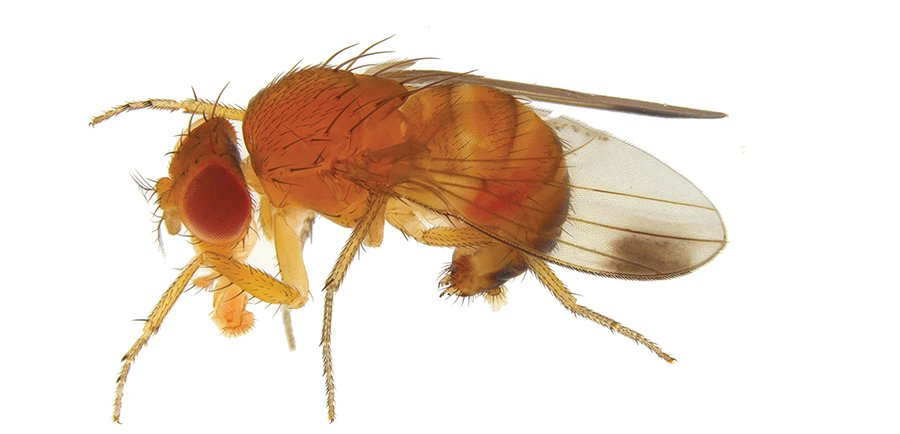“Have you ever heard of Haskap?” That was the question posed to Axel and I five years ago while we were researching thornless blackberries as a crop that we could potentially grow on our farm in Salmon Arm, BC. Our response was the same one we now get from people when we ask them that question . . . “What’s Haskap?”
Haskap is a Japanese name for lonicera caerulea or what is otherwise known as edible blue honeysuckle, honey berry and blue honeysuckle. Related more closely to the tomato family, haskap produces a dark blue elongated berry that ripens a week or two before strawberries. Its flavour profile has been likened to a mix of blackberry, blueberry, and raspberry. In other words, the flavour is entirely unique.
So why Haskap?
In an attempt to develop a fruit crop that will withstand cold temperatures, the University of Saskatchewan began to breed plants from Russia and Japan. Because the plant can withstand temperatures of -47°C and is bloom tolerant to -7°C, it is incredibly cold tolerant. Its suitability as a northern crop makes the plant extremely beneficial to areas that normally couldn’t plant fruit. The soil PH requirements are a wide range from 7.9 (clay) to 5.4 (wild species). Russian researchers recommend PH levels from 5 to 7.
Because it is an early bloomer, bees have the added benefit of early food. Bumblebees are a primary pollinator; however, the early benefits to bee keepers would be worth looking into.
Haskap are low maintenance and require only to be grass and weed free until they become established. Pruning isn’t recommended until year five and then only lightly. They do not sucker.
There are few predators to the plant; deer prefer other plants and bugs are barely out at that time, therefore reducing the need for sprays or pesticide control. The greatest pests are the cedar waxwing, and even robins. The birds can do significant damage to crop yields and around year four netting or bird control is recommended.
Haskap is an exciting new crop that has the potential to open up markets here in Canada and abroad. Its uses can be anything from liquors and wines to jams and sauces to fresh fruit. The health benefits are extremely good and in comparison to other fruits has shown itself to be a major player. They are high in ORAC values, anthocyanin, polyphenols and bioflavonoids—great antioxidant!
To date, global farming of haskap is relatively small. Only about 800 acres are planted and producing in Canada at various stages of maturity. The potential to grow and expand this particular fruit is extremely great and as Dr. Bob Bors says, “It’s not every day that you have a new fruit.”
Acknowledgments: Dr. Bob Bors University of Saskatchewan, Haskap Canada












